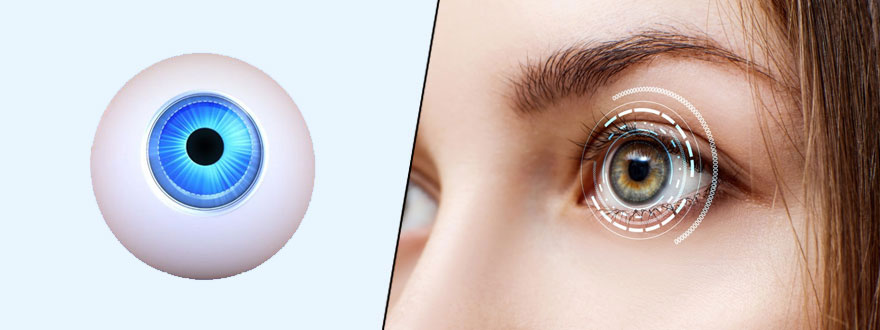Corneal Transplant

Corneal transplant, also known as corneal grafting or keratoplasty, is a surgical procedure aimed at replacing a damaged or diseased cornea with a healthy corneal tissue from a donor.
Our goal is to restore vision and alleviate symptoms in patients with corneal diseases or conditions that cannot be effectively managed with other treatments.
Here's an overview of what this service entails:
- Patient Evaluation & Consultation: Patients with corneal diseases undergo a comprehensive eye examination to assess the severity of their condition and determine if they are candidates for corneal transplant surgery. We discuss the risks, benefits, and alternatives of the procedure with the patient and helps them make an informed decision.
- Preoperative Assessment & Preparation: Before surgery, patients undergo preoperative testing to evaluate their overall health and ensure they are suitable candidates for surgery. This may include measurements of corneal thickness, topography, and endothelial cell count. Patients receive instructions on preoperative care, including medication management and fasting guidelines.
- Customized Treatment Planning: We develop a personalized treatment plan based on the specific type and severity of the patient's corneal disease. This includes selecting the appropriate type of corneal transplant procedure and determining the source of the donor cornea.
- Postoperative Care & Follow-up: After surgery, patients receive meticulous postoperative care to prevent complications and promote graft survival. This includes prescribing postoperative medications (such as antibiotics, corticosteroids, and lubricating eye drops), monitoring for signs of rejection or infection, and scheduling frequent follow-up appointments to assess visual acuity and corneal clarity.
- Patient Education & Support: Patients are provided with detailed instructions on postoperative care, including the use of eye drops, activity restrictions, and signs of potential complications. Ongoing communication and support are offered to address any concerns or questions the patient may have throughout the recovery process.
- Continued Monitoring & Maintenance: Long-term follow-up examinations are scheduled to monitor the health and stability of the corneal transplant. This includes assessing visual acuity, evaluating graft clarity, and monitoring for signs of rejection, infection, or other complications. Additional interventions, such as suture removal or adjustment of medications, may be necessary to optimize outcomes.
By offering corneal transplant surgery as a service, our aim is to improve patients' quality of life by restoring clear vision and alleviating symptoms associated with corneal disease.